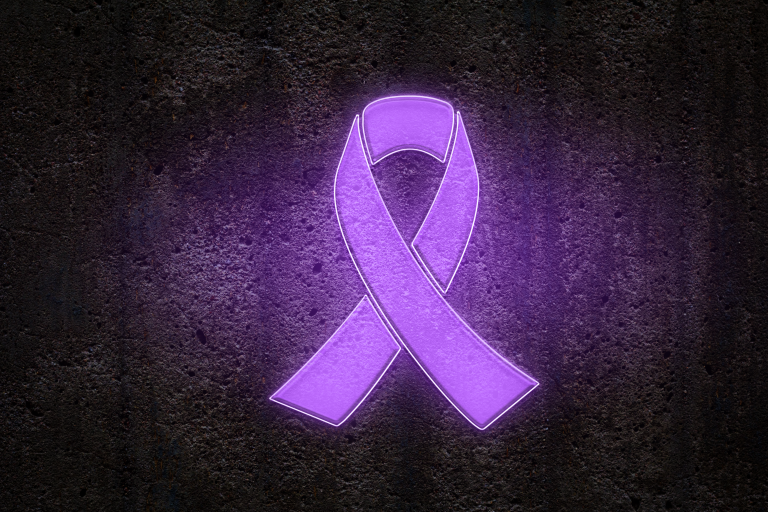Victims' rights and resources
Policing Issues
The Office of the New York State Attorney General is committed to protecting the rights of victims of crime and abuse. Through the Bureaus of Intergovernmental and Legislative Affairs, the Office works with each bureau to:
- educate citizens about their rights
- develop policy and legislation
- provide crime-prevention programs
- connect citizens with community resources
- work with other agencies and victims service providers statewide to ensure that our work is informed by the concerns of crime victims
If you need immediate assistance, please dial 911.

Crime victims' bill of rights
Learn about victims' rights, including victims' right to know, victim involvement, making victims whole, protection for crime victims, and help for victims.

Victims of domestic violence
Describes the New York State laws protecting victims of domestic violence, particularly in housing and employment.
